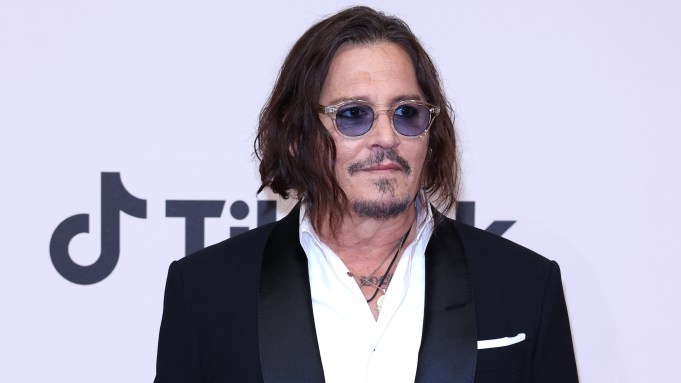Johnny Depp: “I Was a MeToo Crash Test Dummy”Johnny Depp declares he has no regrets over his defamation trial with Amber Heard. In a candid interview with The Sunday Times, he reveals how the ordeal pushed him to his limits, and why he views himself as an early casualty of the #MeToo movement.
He Fully Defend Himself
Depp says he felt compelled to fully defend himself in court after years of allegations. “Look, it had gone far enough,” he told the Times. He believed that unless he spoke his truth, public perception would solidify around falsehoods—and his children would inherit those lies.
Moreover, he noted he faced six years of relentless media scrutiny and career setbacks. With unwavering resolve, he decided:
“I’ll fight until the bitter end. And if I end up pumping gas? That’s all right.”
“Crash Test Dummy” Before #MeToo Went Mainstream
Depp emphasizes that his case preceded the real surge of #MeToo. He shares, “I was pre‑MeToo. I was like a crash test dummy for MeToo. It was before Harvey Weinstein,” implying he absorbed the initial backlash alone.
By absorbing public scorn, he exposed weaknesses in how Hollywood handled such allegations—unwittingly setting a precedent.
He Felt Betrayed by Friends
He also addresses the pain of betrayal. Depp says he trusted several close friends those who once joined him at his children’s parties yet they distanced themselves amid the trial. Among them, he names his ex‑agent of 30 years, who testified about his behaviour. He condemns them as fake and driven by “dough,” adding:
“That’s death by confetti … because what do they want? Dough.”
He sees their silence as the ultimate statement of who would stand by him—not just during victory, but during crisis.
He Felt “Like a Sucker” for Falling in Love
Moving into personal territory, Depp explores why he fell for Heard. He admits he saw sadness in her eyes and wanted to help. Yet he acknowledges that compassion sometimes invites hurt.
“If you’re a sucker like I am, sometimes you look in a person’s eye … and feel you can help that person.”
He links that dynamic to his tumultuous upbringing. He recalls his mother’s darker moods and how they shaped him leading him to patterns he recognized later in his relationship.
No Regrets and No Bitterness
Still, he refuses to harbor bitterness. Depp states, “Eternal hatred? No.” He reflects on the trial as a harsh life lesson, but not one he regrets.
“I have no regrets about anything … what can we do about last week’s dinner?
Instead, he looks forward, driven by his artistic pursuits and family life.
Building Back On His Own Terms
Rather than stage a traditional comeback, Depp says he never truly left Hollywood. Currently, he directs Modi: Three Days on the Wing of Madness, with a new film starring Penélope Cruz, Day Drinker, slated for 2026.
In his own words: “My comeback? Honestly? I didn’t go anywhere.” Despite the fallout, he stands firm in his artistic identity and personal journey.
In Summary
-
Depp shows no regret. He chose truth over silence.
-
He frames himself as an early victim of #MeToo’s backlash.
-
Friends’ betrayal cut deep, exposing who stayed loyal.
-
He understands his love for Heard tied back to childhood empathy.
-
He finds no place for hatred and embraces forward momentum.
By speaking out, Depp not only defends his name, he also challenges the culture that once silenced him.




